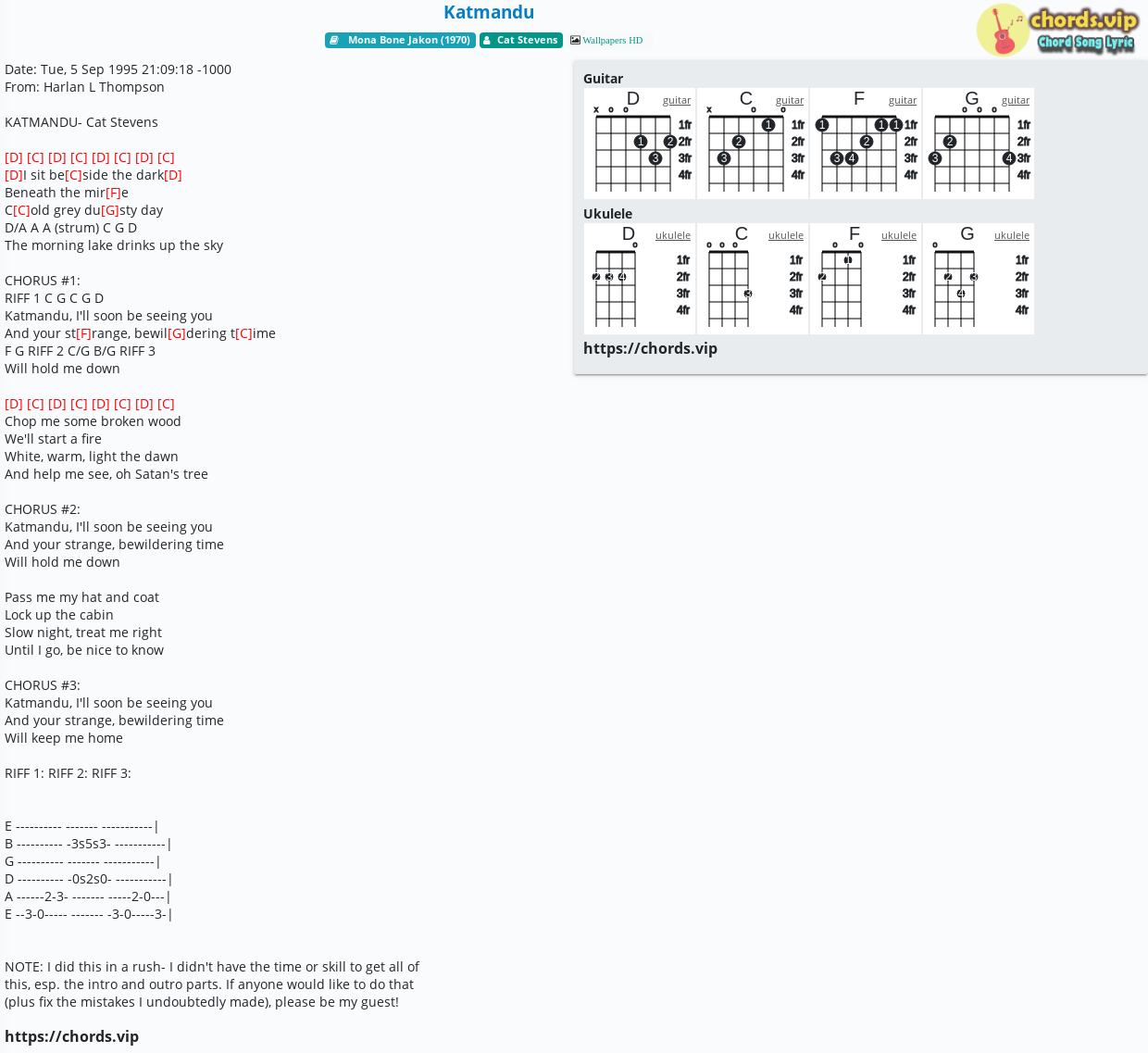
He signed a new contract with Island Records and released his third album, Mona Bone Jakon, in April 1970. Released in July 1969, his intended comeback single, "Where Are You," failed to make an impact and he subsequently parted ways with Deram.ĭisillusioned by his experience in the music business and having reached a sort of spiritual epiphany during his convalescence, Stevens began writing more personal, introspective material. Further complicating matters, Stevens contracted tuberculosis in February 1968 and was hospitalized for three months, after which he spent the remainder of the year recuperating. That was a disappointment, considering his previous success, and his next records continued this decline: "Kitty," his fifth single, barely made the charts in December, while New Masters, his second album, failed to chart at all, part of which was due to a lack of label support. Sheryl Crow revived it for an American Top 20 hit in 2003.) Stevens' fourth single, "A Bad Night," was in the charts in August, peaking in the Top 20. (Ten years later, Rod Stewart topped the U.K. Arnold got into the British charts with Stevens' composition "The First Cut Is the Deepest," peaking in the Top 20. Stevens' third single, "I'm Gonna Get Me a Gun," entered the British charts in March and reached the Top Ten, preceded by his debut album, Matthew & Son, also a Top Ten entry. (In America, it peaked just outside the Top Ten.) It was another self-written effort, and Stevens' reputation as a writer was further enhanced by the success of his song "Here Comes My Baby," which was recorded by the Tremeloes and entered the British charts in February, reaching the Top Five. Stevens' next single, "Matthew & Son," entered the charts in January 1967 and just missed getting to number one (in America, it grazed the bottom of the charts). "I Love My Dog" reached the British charts in October 1966, peaking in the Top 40. By this time, he'd begun using the name Cat Stevens, in part because a girlfriend had told him he had eyes like a cat. Mike Hurst, a former member of the folk-pop group the Springfields who had become a record producer, heard him and took him into a recording studio to cut his composition "I Love My Dog." This demo prompted Decca Records to sign him and assign him to its newly formed Deram subsidiary.

He became interested in folk music and rock & roll in his teens while attending Hammersmith College and in 1965 began performing under the name Steve Adams. The ensuing decade was marked by continued charitable work, a return to touring, and the release of more pop-oriented Yusuf albums like 2014's bluesy Tell 'Em I'm Gone and 2017's Grammy-nominated The Laughing Apple.īorn Steven Demetre Georgiou, Stevens was the son of a Swedish mother and a Greek father who ran a restaurant in London. Still a devout Muslim, he found a balance between his faith and honoring the work he'd previously made as Cat Stevens.
#Cat stevens guitar pro download series
His musical pursuits eventually began to re-emerge in the 1990s with a series of Muslim children's albums, and in 2006 he returned to Western pop with the album An Other Cup, released under the name Yusuf. Over the next several decades, he remained focused on his family and devoted himself to humanitarian aid, charitable causes, and educational efforts. By 1978, he had formally changed his name to Yusuf Islam and retired from popular music. As his popularity peaked in the front half of the '70s, Stevens began to chafe at the effects of his stardom, and after a near-death experience in 1976, he began a religious conversion to Islam. His earthy voice, introspective lyrics, and themes of spirituality struck a chord with audiences around the world, turning songs like "Wild World," "Father and Son," and "Peace Train" into anthems for a generation seeking comfort from the turbulent 1960s.

It was all thanks to landmark albums like 1970's Tea for the Tillerman and its 1971 follow-up, Teaser and the Firecat. After making a successful run at the British charts in the late '60s, Cat Stevens left behind the pop-oriented style of his early days and became one of the most celebrated folk-rock singer/songwriters of the era.


 0 kommentar(er)
0 kommentar(er)
